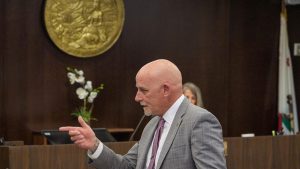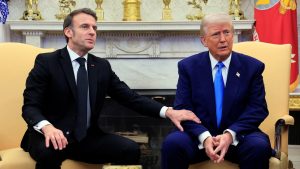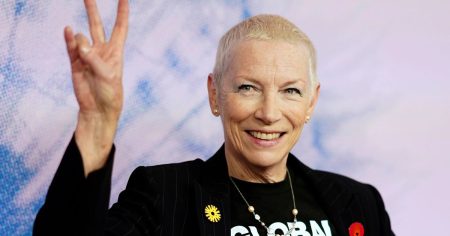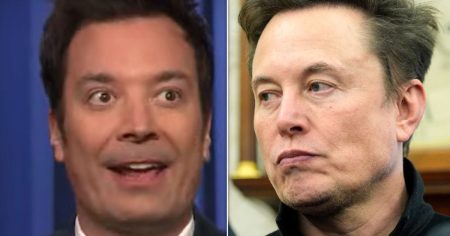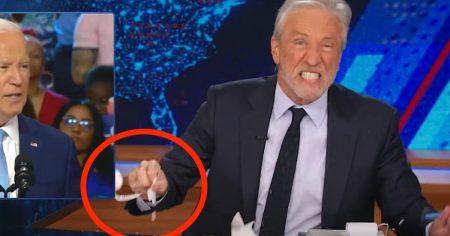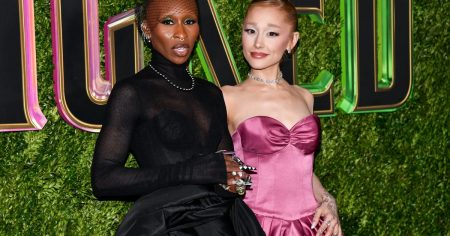The Controversy Begins: Musk’s Email to Federal Workers
The recent days have seen a wave of controversy stirred by Elon Musk, a figure known for his unconventional approach to leadership. In a move that caught many off guard, Musk sent a high-importance email to federal workers, demanding they list five accomplishments from the past week. This directive, while startling, is emblematic of Musk’s reputation for pushing boundaries and challenging the status quo. The email not only set tongues wagging but also prompted a swift and humorous response from Stephen Colbert, highlighting the blend of seriousness and satire that often accompanies Musk’s actions.
Stephen Colbert’s Sharp Response
Stephen Colbert, known for his witty commentary on current events, seized the moment to address Musk’s email in his monologue. With his signature blend of humor and insight, Colbert quipped, "Now obviously the only proper email response to that is: What did I do last week? Your mom, your mom, your mom, your mom, and your mom." This joke not only drew laughter but also served as a critique of the pressure and unrealistic expectations often placed on employees. Colbert’s response resonated with many, reflecting a broader sentiment about the stresses of modern work culture.
Why the Email Sparked Controversy
Musk’s email has ignited a firestorm of debate, primarily due to its direct and demanding nature. Critics argue that such a request reflects a lack of trust in employees and an overemphasis on quantifiable results, which may not capture the full scope of contributions in a workplace. The email also raises questions about the sustainability of such a high-pressure environment, where employees might feel compelled to constantly produce without adequate recognition of their efforts. This approach, while potentially driving innovation, risks alienating talent and fostering burnout.
Implications Beyond the Email
The implications of Musk’s email extend beyond the immediate context, offering a glimpse into his leadership philosophy. Known for his demanding work ethic and visionary goals, Musk’s approach often sets him apart from conventional leaders. However, this style can be polarizing, with some hailing it as a catalyst for innovation and others criticizing it for being dismissive of work-life balance. The email serves as a microcosm of broader discussions on leadership, highlighting the tension between driving results and maintaining employee morale.
The State of Workplace Culture
This incident underscores the evolving nature of workplace culture, where the boundaries between personal and professional life are increasingly blurred. The trend of intense work demands, as epitomized by Musk’s email, reflects a broader shift in expectations, particularly in high-stakes industries. While some argue that such pressures are necessary for progress, others emphasize the need for a more balanced approach that values employee well-being. The debate brings to light the challenge of fostering productivity while preserving the health and satisfaction of the workforce.
Reflections on Leadership and Workplace Dynamics
In reflecting on Musk’s email and the ensuing reactions, it becomes clear that the episode is more than a passing controversy; it is a reflection of contemporary leadership and workplace dynamics. The interplay between authority, accountability, and humor, as seen in Colbert’s response, illustrates how leadership decisions can resonate far beyond the office. As the conversation continues, it prompts us to consider the role of empathy and flexibility in leadership, crucial for navigating the complexities of a modern workforce. The email and its aftermath serve as a reminder of the delicate balance required to inspire innovation without sacrificing the well-being of those driving it.
